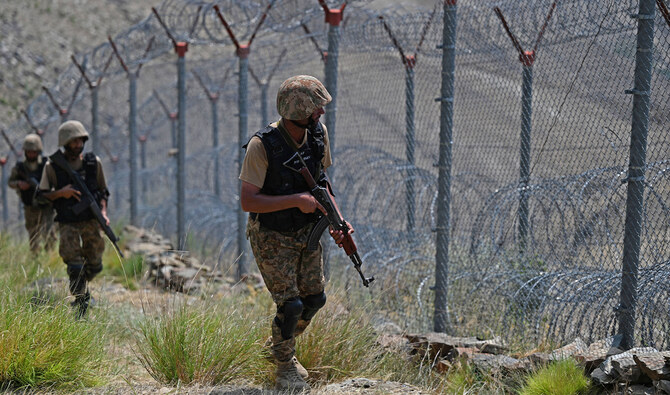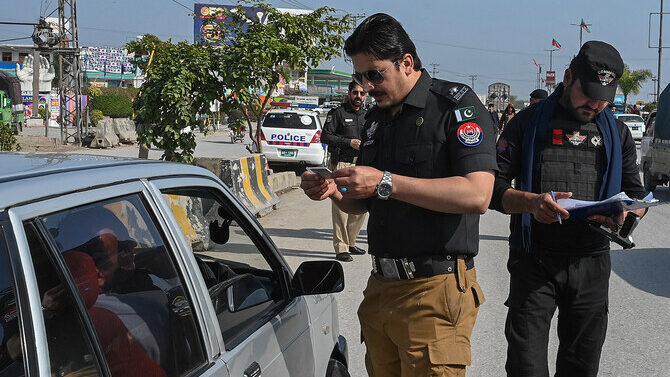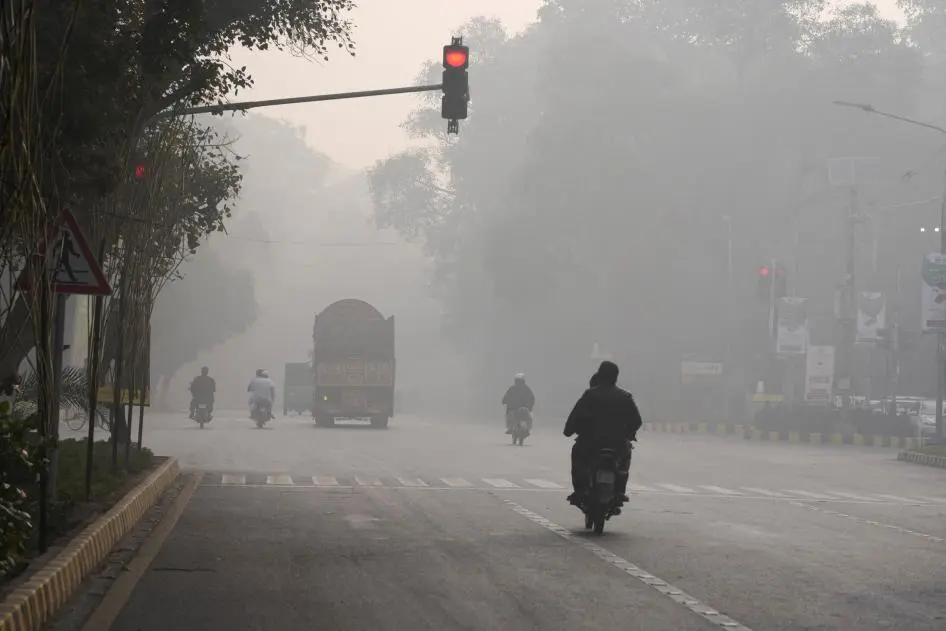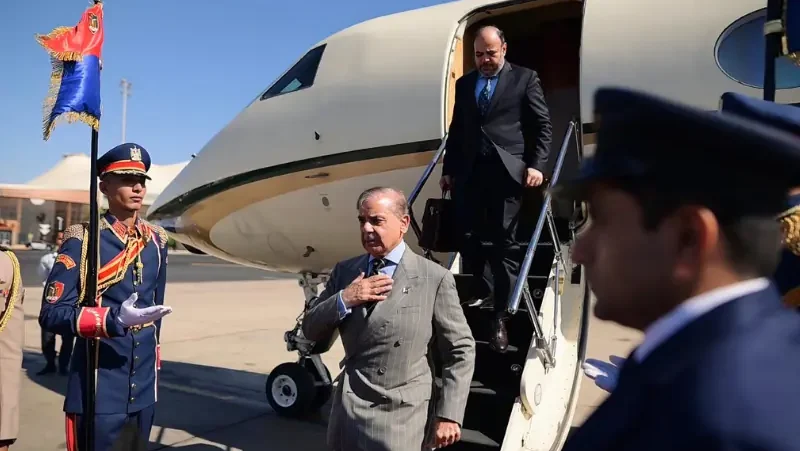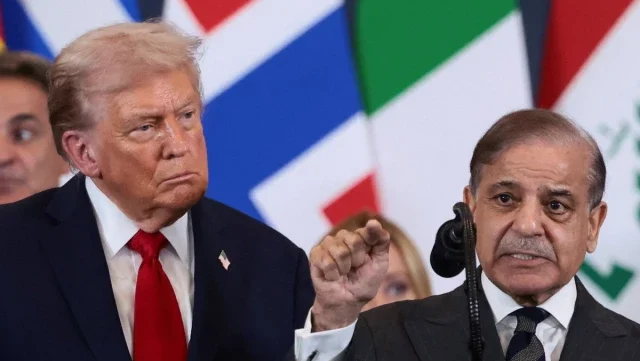In a dramatic escalation of cross-border tensions, Pakistan and Afghanistan have found themselves on the brink of conflict after deadly weekend clashes left border areas locked down and diplomatic relations strained. On Monday, Pakistan placed its troops on high alert and sealed all trade and travel routes with Afghanistan following unprovoked attacks by Afghan Taliban forces on military posts across Khyber Pakhtunkhwa and Balochistan.
The Pakistan Army responded with force, reportedly killing 200 militants, including members of the Tehreek-e-Taliban Pakistan (TTP). As a result of the clashes, all trade with Afghanistan has been completely suspended, paralyzing cross-border commerce and cutting off a crucial economic lifeline for both countries. Border crossings remain shut, with goods trucks stranded and thousands of people unable to cross for business, medical treatment, or family visits.
The closure is expected to deepen the already fragile economic situation in Afghanistan while disrupting key trade flows for Pakistan as well. The attacks, which struck areas such as Angoor Adda, Bajaur, Dir, and Chitral, have led to a significant shift in Islamabad’s stance towards the Afghan Taliban. Once seen as a potential stabilizing force after the withdrawal of U.S. forces, the Afghan Taliban are now being viewed in Islamabad as indistinguishable from the TTP, a group responsible for years of terrorism inside Pakistan.
In a pointed move, Pakistan’s Foreign Office stopped referring to Kabul’s leadership as an “interim government” and instead used the term “Taliban regime” — signalling a growing disenchantment and questioning its legitimacy. The official statement emphasized Pakistan’s desire for an inclusive and representative government in Afghanistan, one that takes meaningful action against terrorism.
International powers have taken notice. U.S. President Donald Trump, speaking aboard Air Force One, expressed interest in mediating the situation. “I hear there’s a war now going on between Pakistan and Afghanistan,” Trump said. “I’m good at making peace, I’m good at solving wars.” China, which shares borders with both nations, also called for de-escalation, offering to mediate. Its foreign ministry voiced concern over the violence and urged both sides to restore calm. Russia echoed similar sentiments, calling for restraint and noting that the situation appears to be stabilizing.
Meanwhile, Afghan Taliban Foreign Minister Amir Khan Muttaqi, currently visiting New Delhi, claimed Kabul had no interest in conflict and was maintaining peaceful ties with all its other neighbours. “War is not a solution to problems. There is a need for dialogue,” he said. However, tensions remain high, with both nations locked in a diplomatic and military standoff. As regional powers watch closely, the next steps by Islamabad and Kabul could redefine their fragile relationship — and reshape the balance of power in South Asia.

